Meditation’s popularity has grown more than three fold in the past decade and the pandemic has shed even more light on the practice as people struggle with depression, anxiety, and isolation. Though often done alone, a recent article from PositivePsychology.com highlights several benefits of practicing mindfulness as a group. These include:
Motivation – “Organized group meditation provides an opportunity for those who might not practice alone to show up.”
Relatedness – “Having others present during a mindfulness session can boost our resolve and provide a sense of ‘we are in this together,’ especially when we are prone to distraction. “
Competence – “If the leader makes time for the group to discuss the challenges they face, each session can provide a valuable opportunity to share solutions.”
Autonomy – “While it may sound counterintuitive, mindfulness as a group may have fewer distractions and offer a more profound experience.”
But what about when you are not able to join other people in a group, particularly during a pandemic? Group mindfulness in Virtual Reality (VR) offers its own set of benefits over both in person and video sessions. These include:
Accessibility – VR allows individuals who may not want or may be unable to travel to participate in group sessions from anywhere in the world. This includes patients confined to hospital beds, people suffering from social anxiety, or those living in rural areas.
Anonymity – The virtual embodiment provided by avatars also provides anonymity for those who may not wish to reveal their identity or be on camera, particularly during discussion sessions.
Calming Environments – The sights and sounds within in VR can foster mindfulness and focus attention in ways that a meditator does not have to close his or her eyes and imagine.
Individualized Experiences – Even when participating in mindfulness exercises as a group, individuals can choose their own environment while still seeing others in the space. Additionally, biofeedback can provide individual indicators of stress level and other measures.
The Foretell Reality platform enables social VR experiences for mindfulness, social skills, and overall mental health including group therapy and support and addiction recovery. Click here to request a demo.





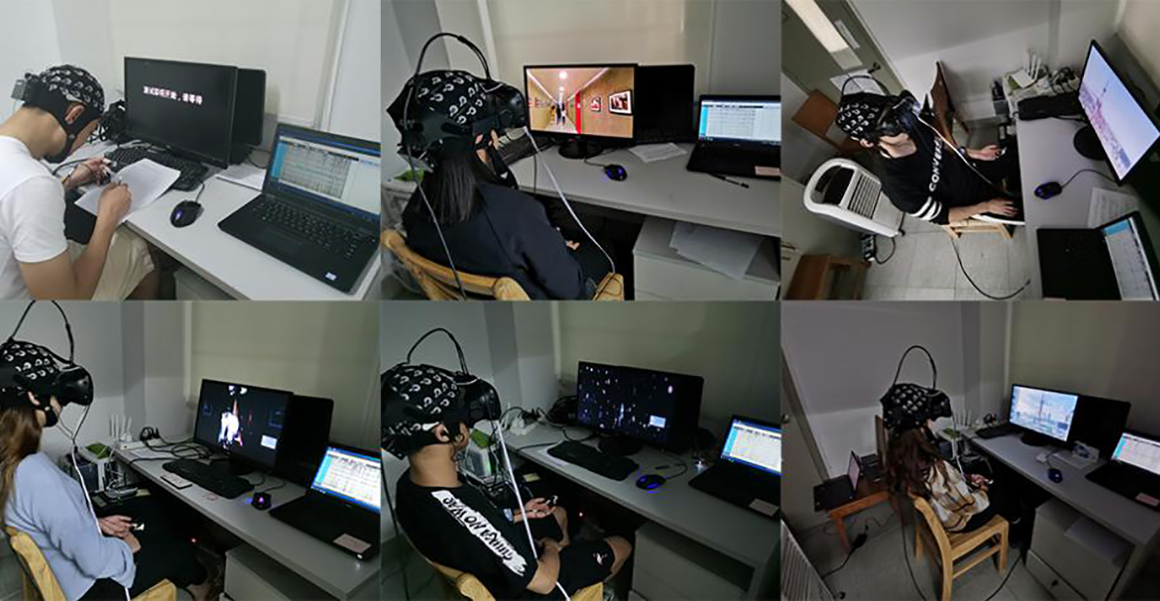

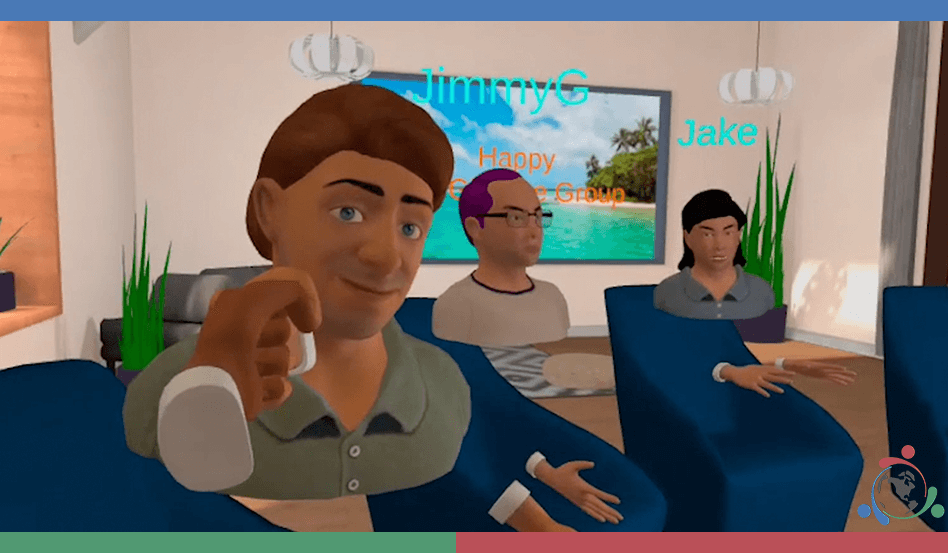
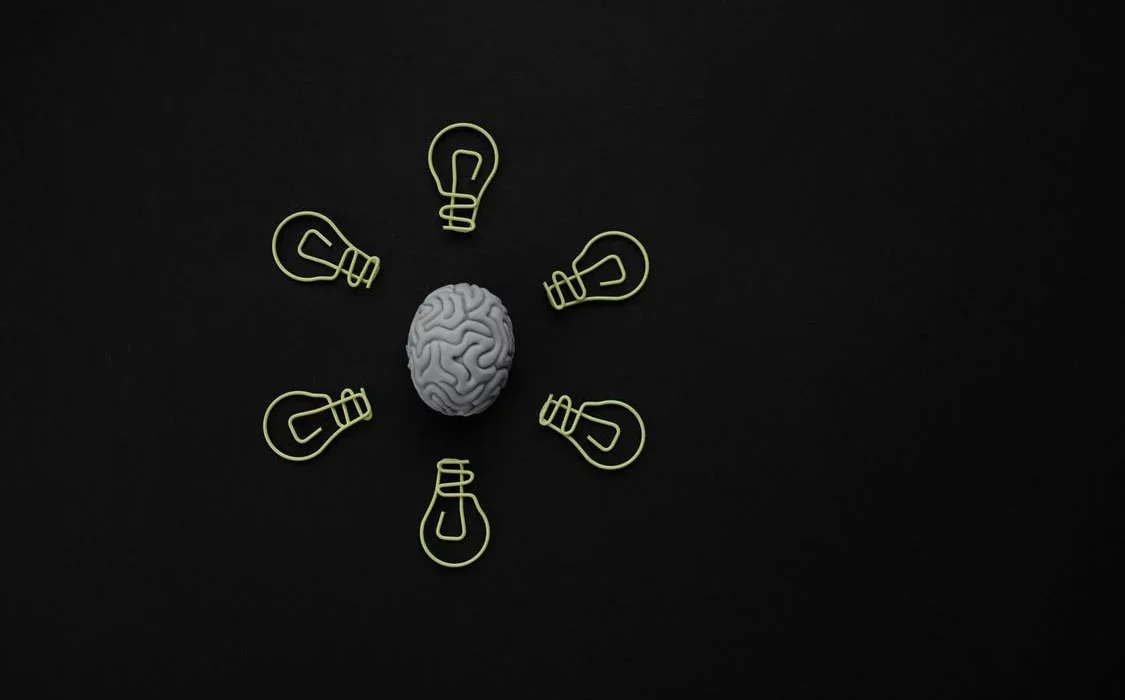
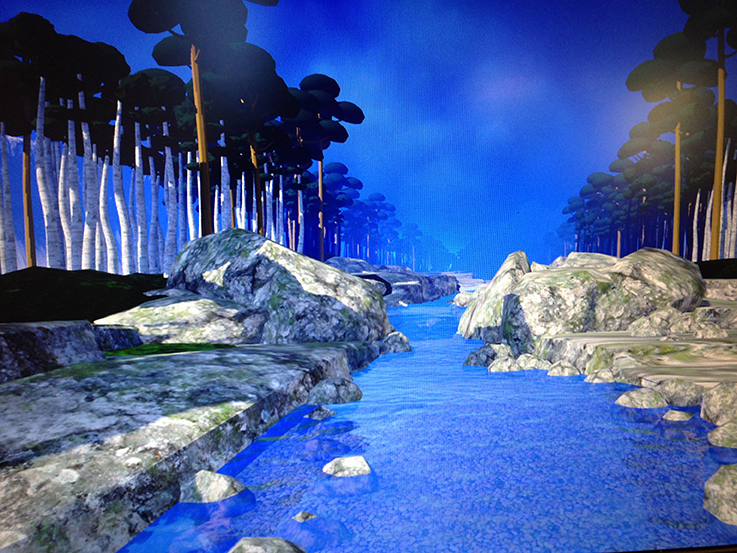
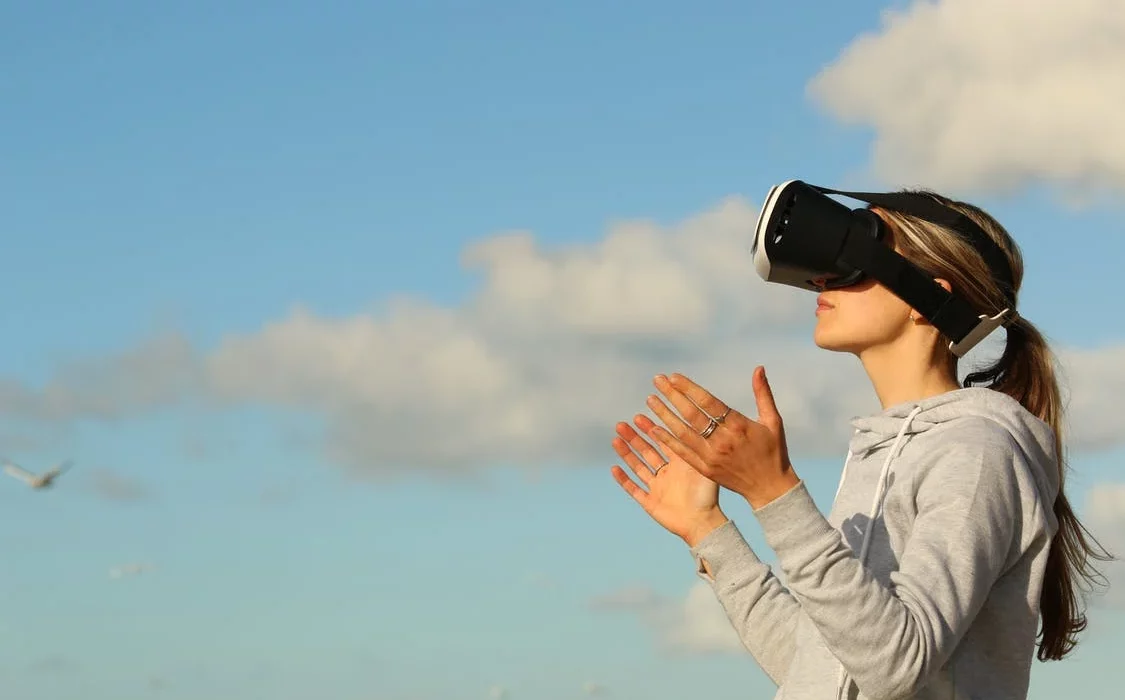







Recent Comments